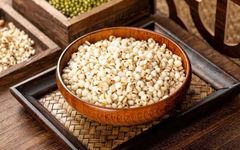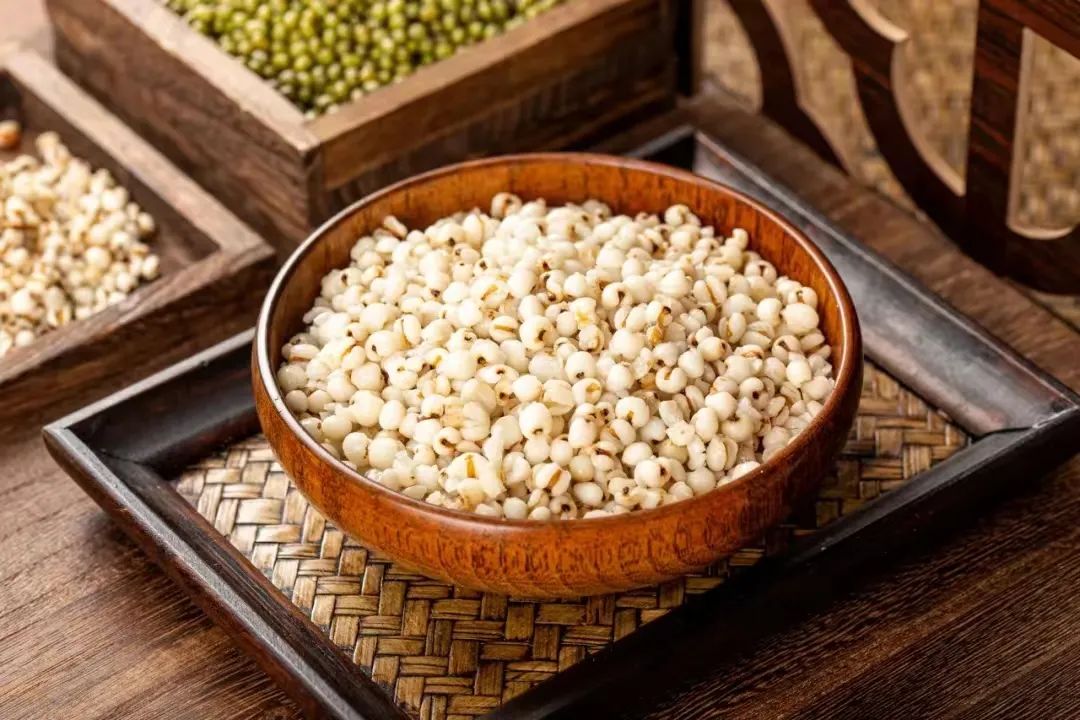


What comes to mind when you think of Coix seeds?
We are more familiar with its alias—Job’s tears. Many people like to use it to eliminate dampness, especially since we live in an era where “nine out of ten people have dampness!”
A few years ago, the popular red bean and coix seed water became a “dampness-eliminating miracle formula.”
However, many people feel that after drinking a lot of coix seed water, it is hard to cook thoroughly and difficult to chew, and they do not feel any effect on eliminating dampness.
Is it truly elevated to a divine status, or does it really have miraculous effects? Today, we will interpret the past and present of Coix seeds.



 History and Efficacy of Coix Seeds
History and Efficacy of Coix Seeds

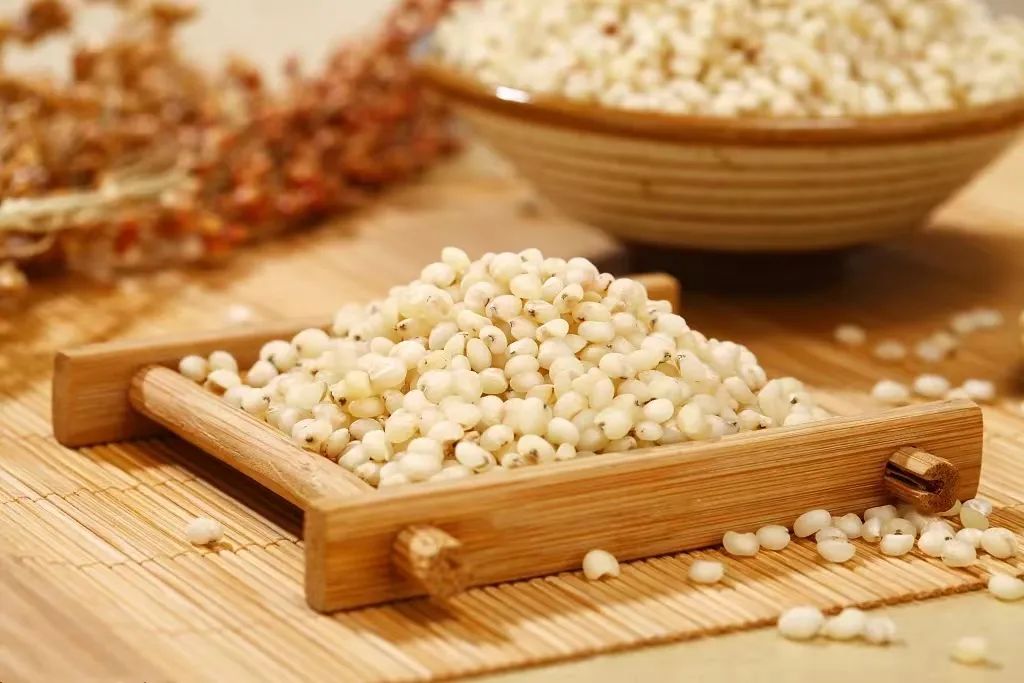
Coix seeds have a long history of cultivation in our country, and ancient people used to eat Job’s tears as food.
In the “Wuyue Chunqiu,” there is a story related to the life of Da Yu.
It is said that Gun was Da Yu’s father, but there is also a saying that Gun was not Da Yu’s biological father. What is the truth?
It turns out that Gun married a girl named Nüxi, but Nüxi was already pregnant before marrying Gun. Everyone was puzzled as to why?
Nüxi explained that she became pregnant after eating Coix seeds while playing in the mountains, and later gave birth to Da Yu.
Since then, there have been rumors that Gun was actually Da Yu’s stepfather.
Although this is just a myth, it shows that Coix seeds were not considered ordinary by ancient people, but rather a natural treasure.
The “Shennong Bencao Jing” first recorded the medicinal value of Coix seeds, listing it as a superior product.
Coix seeds have many benefits, let’s first look at their medicinal effects:
Taste: Sweet, bland; Nature: Cool;
Meridians: Spleen, stomach, lung;
Effects: Promotes urination and drains dampness, clears heat and expels pus, detoxifies and disperses nodules;
Treats spleen deficiency diarrhea, edema, rheumatic pain, eczema, lung abscess, intestinal abscess, etc.
Today, we will focus on the most essential effect of Coix seeds—eliminating dampness.

 The Powerful Dampness-Removing Ability of Coix Seeds
The Powerful Dampness-Removing Ability of Coix Seeds

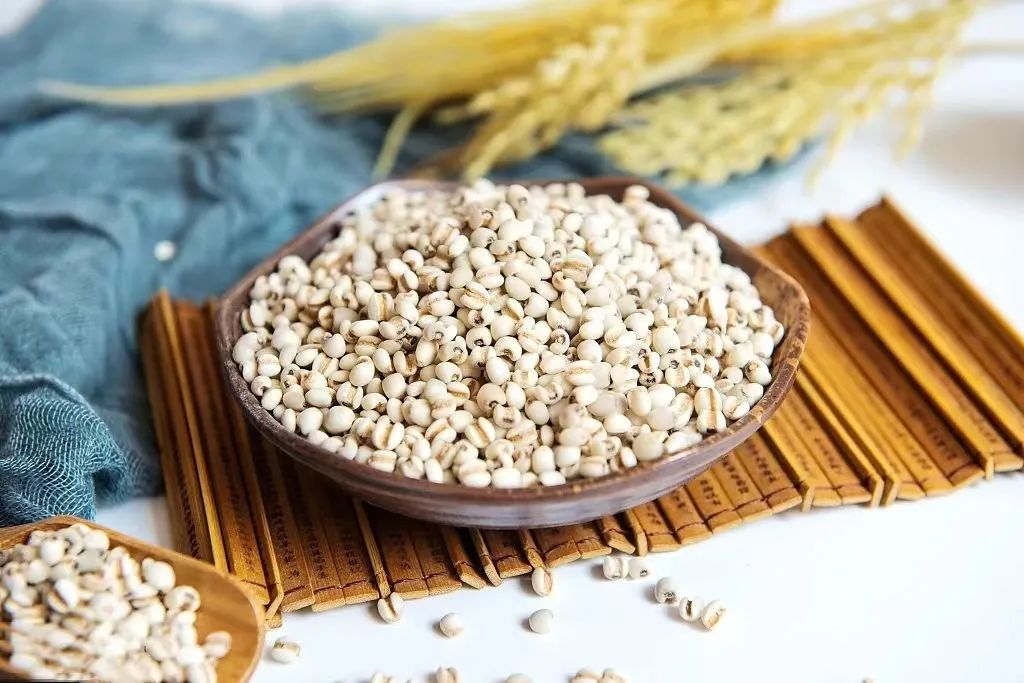
When it comes to Coix seeds and dampness elimination, if you only think of weight loss, you are truly underestimating its real power.
Once Coix seeds enter the body, they can travel through the upper, middle, and lower jiao, having both tonifying and draining effects, with the advantage of tonifying without stagnation and draining without harshness.
The method of dampness elimination by Coix seeds is simple and direct, with a very prominent downward action. It is like building a drainage system within the body, directly expelling excess water and dampness, which is known as “promoting urination.”
Therefore, Coix seeds can alleviate many problems caused by the stagnation of water and dampness.
1Reduce Swelling and Lower Lipids
Coix seeds are sweet and bland, entering the spleen, with the ability to strengthen the spleen, promote urination, and reduce swelling. Clinically, they are often used for edema and abdominal distension due to spleen deficiency and heavy dampness, as well as for urinary difficulties.
Modern research shows that Coix seeds can eliminate inflammation and improve vascular permeability. The protein-rich content in Coix seeds can correct mild hypoproteinemia, thus promoting the reabsorption of fluid and improving edema.
Additionally, the components such as coixol, coix seed oil, and coixenolide in Coix seeds also have lipid-lowering and weight-loss effects.
Traditional Chinese Medicine believes that “overweight people have more phlegm and dampness,” so weight loss often starts with eliminating dampness. The powerful dampness-eliminating ability of Coix seeds can also promote fat reduction and weight loss, which aligns perfectly.
2Strengthen the Spleen and Stop Diarrhea
As mentioned earlier, Coix seeds eliminate dampness similarly to a drainage system. When there is a problem of spleen deficiency and diarrhea, one essential reason is the excessive dampness in the intestines.
Coix seeds achieve the effect of stopping diarrhea by expelling the dampness and evil qi from the intestines.
However, it is important to note that Coix seeds cannot treat all types of diarrhea. Due to their cool nature, they mainly regulate diarrhea caused by damp-heat.
This type is characterized by urgent pain before defecation, a feeling of relief after defecation, a burning sensation in the anus after defecation, and a persistent feeling of incomplete evacuation, which is referred to in TCM as “tenesmus.”
3Eliminate Dampness and Alleviate Pain
Coix seeds are known to relieve muscle spasms and rheumatic pain.——”Shennong Bencao Jing”
Dampness refers to “blockage.” As the name suggests, the meridians are blocked by damp evil.
Traditional Chinese Medicine believes that “where there is no flow, there is pain.” When damp evil accumulates in the body to a certain extent, it will invade the muscles and joints, leading to heavy pain in the joints, muscle spasms, and difficulty in movement.
There is also a historical anecdote regarding this effect.
According to the “Book of the Later Han: Biography of Ma Yuan,” General Ma Yuan was ordered to quell a rebellion in the southern border.
At that time, miasma was prevalent in the area, and many soldiers in the army were infected, showing symptoms of weakness, swelling, and pain in their feet.
Someone in the community suggested a remedy using Coix seeds boiled in water, which could treat miasma. Unexpectedly, the sick soldiers recovered quickly after taking it.
When Ma Yuan returned victorious, he brought back a cart of Coix seed seeds to introduce to the north. However, after Ma Yuan’s death, he was falsely accused of having collected the round, white seeds as pearls.
As a result, Ma Yuan suffered from slander, and the term “slander of Coix seeds” arose, which metaphorically refers to being falsely accused and suffering injustice.
Coix seeds exert their effects by strengthening the spleen and promoting urination. Once the dampness is removed from the body, the functions of the spleen and stomach are restored, naturally leading to strong muscles and bones, achieving the power to eliminate dampness and pain.

 Why Do the Coix Seeds You Buy Not Have Dampness-Removing Effects?
Why Do the Coix Seeds You Buy Not Have Dampness-Removing Effects?

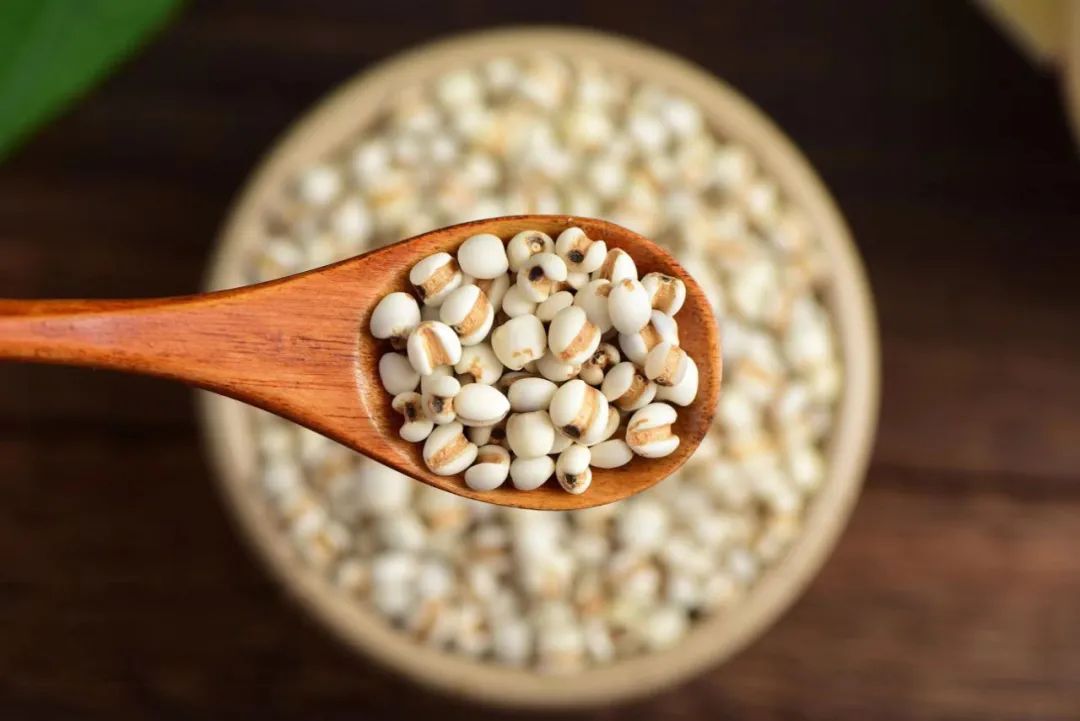
If Coix seeds have such strong dampness-eliminating effects, why do the Coix seeds we usually drink not seem to have any dampness-eliminating feeling?
A major reason is that you bought the wrong Coix seeds!
On the market, there is a type that looks very similar to Coix seeds but has completely different effects—grass beads.
Many supermarkets and pharmacies mix Coix seeds with grass beads for sale, so of course, they have no dampness-eliminating effects!
1How to Distinguish Real from Fake Coix Seeds
(1) The shape of Coix seeds is elongated, meaning length > width; while grass beads are flat and wide;
(2) Coix seeds are thin and brittle, easily broken; grass beads are thick and hard, not easily broken;
(3) The ventral surface of Coix seeds has a shallower groove; while grass beads have a deeper groove.
2How to Choose Quality Authentic Coix Seeds
Coix seeds have very specific environmental requirements, growing mainly in warm, humid riverbanks or valley streams, especially in environments with significant temperature differences between day and night, which is conducive to nutrient accumulation.
Historical records show that Coix seeds were cultivated in the “Ninghua County Chronicle” during the Chongzhen period of the Ming Dynasty.
Ninghua, Fujian, located at the foot of Wuyi Mountain, is in a subtropical monsoon climate zone with excellent water and heat conditions, thus it is also known as the “Hometown of Chinese Coix Seeds.”
“Ecology” refers to the organic connection between living beings and their environment. Ecological ethics is the moral concept, basic norms, and ethical practices regarding the relationship between life and the ecological environment. Since the 20th century, with the widespread recognition of environmental crises, ecological awareness has suddenly emerged from professional circles to the public stage, entrusted with the responsibility of influencing human environmental practices and maintaining global ecological balance, becoming a prominent subject worldwide. Taoism is not ecology, but its ecological ethical spirit is irreplaceable due to its unique characteristics; otherwise, it would not have declined and revived, continuing to influence deeply to this day. In terms of ethical understanding, Taoism emphasizes the joy, tranquility, simplicity, and enrichment of life, focusing on the harmony between self and nature, human-centered, with content that is simple yet profound, broad yet concise, and full of infinite interest; in terms of ethical practice, Taoism is dedicated to cultivating the essence, nurturing the hidden, being indifferent to fame and profit, seeking life in the interaction of emotions, behaviors, nature, human relationships, and culture, thus demonstrating a conscious initiative to develop the vitality of life, the unity with natural objects, and the holistic system of ethical understanding. In Taoist terms, it is to “follow the natural way” and “act in accordance with the natural way.” This nature refers to the essence of things, the nature of life, and the nature of society. Understanding the essence of things, life, and society, and seeking the style, attitude, and demeanor that life and nature should have is the goal and spiritual pillar pursued by Taoist ethics.
The ecological ethical spirit of Taoism is reflected in its exquisite and profound content and the connotations that attract the world, embedded in the vitality that allows it to continue and develop over time. Specifically, the ecological ethical spirit of Taoism is mainly manifested in six aspects:
First is the spirit of the unity of all things. The highest object worshiped by Taoism is the “Dao.” The purpose of Taoism is to achieve immortality and become an immortal. The so-called attainment of the Dao is to integrate with the great Dao through cultivation; therefore, Taoism is the religion that pays the most attention to real life among many religions in China. It believes that all things in the world are one, and the existence of all things in nature has its rationality. Humans are part of heaven and earth and should enjoy life, value life over death, and continuously elevate life. Humans should also respect the existence and individuality of all things in nature with an equal consciousness. The early Taoist classic “Taiping Jing” proposed: “Heaven and earth are harmonious and united, coexisting with all things,” believing that the ideal peaceful world is one where humans and all levels of natural things live in harmony and prosper together. In the thoughts of Taoist thinker Ge Hong, the awareness of equality in the unity of all things is also very clear and rich. He believes that through cultivation, humans can achieve the ideal of “longevity” and “immortalization of the physical body,” which is also the realm of unity with nature or the unity of all things. Taoism also has the thought of “the unity of life and Dao, valuing life,” Laozi pointed out that the Dao is the origin of the universe, the Dao gives birth to one, one gives birth to two, two gives birth to three, and three gives birth to all things. Zhuangzi said: “Heaven and earth are born with me, and all things are one with me.” This indicates that Taoism emphasizes understanding and grasping human will from the height of the universe. The ecological ethical spirit of the unity of all things tells people to live in harmony with nature and create a harmonious and symbiotic ecological civilization society.
Second is the spirit of giving birth without possession. Related to the spirit of the unity of all things, Taoism believes that the highest realm and criterion of life is the morality of producing all things without possessing them. Taoism believes that the highest realm of physical cultivation and spiritual perfection is the “Dao.” How is the Dao produced? Ge Hong proposed: “The Dao arises from one, its value is without equal, each resides in its place, symbolizing heaven, earth, and humanity, hence it is called the three unities. Heaven obtains one to be clear, earth obtains one to be peaceful, humanity obtains one to be born, and spirit obtains one to be spiritual.” He also considers this to be an elaboration of Laozi’s wisdom of the great Dao. Laozi pointed out that “humans follow the earth, the earth follows heaven, heaven follows the Dao, and the Dao follows nature,” and the essence of nature is: “The Dao is revered, virtue is precious, and nothing commands it but remains natural. Therefore, the Dao gives birth, virtue nurtures, grows, raises, protects, and covers, giving birth without possession, acting without claiming, and nurturing without controlling, this is called profound virtue.” Thus, only “the Dao follows nature” conforms to the thoughts of morality. Noble morality lies in proliferating all things without claiming them for oneself, helping all things without claiming credit, and guiding all things without dominating them. The Tang Dynasty Taoist scholar and physician Sun Simiao is a practitioner of this spirit. His medical theory is based on the unity of heaven and humanity, and the idea of giving birth without possession, stating that “heaven has four seasons and five elements,” “humans have four limbs and five organs,” “yang uses its form, yin uses its essence, which is the same for heaven and humanity,” “a good doctor guides with medicine and stones, saves with needles and agents, and a sage harmonizes with supreme virtue, assisting with human affairs, thus the body has curable diseases, and heaven and earth have disasters that can be eliminated.” Sun Simiao himself “exhausted various techniques, discussing the true one,” not only was he skilled in medicine but also had noble character. The spirit of giving birth without possession in Taoism has considerable practicality and universal significance, proposing the concept of the continuous balanced development of worldly matters, revealing that humanity must follow nature, emulate natural laws, and know what to do and what not to do to achieve results; if one forcibly takes, it will backfire, destroy harmony, and not reach a high realm.
Third is the spirit of shaping all things. Before Taoism, the “Zhou Yi Chuan” stated: “The great person aligns their virtue with heaven and earth, their brightness with the sun and moon, and their order with the four seasons.” “Heaven and earth interact to create wealth, assisting the way of heaven and earth, and complementing the appropriateness of heaven and earth.” This points out that the way of heaven and the way of earth are opposing yet coordinated, and this coordination is mediated by humans. Laozi elevated humans to an important position: “Thus, the Dao is great, heaven is great, earth is great, and humanity is also great. Among the four greats, humans occupy one.” Since “humans are also great,” they are not merely dependent on nature, subject to nature, but should master the laws of nature. Because humans rely on nature to survive, they must engage in material exchange with nature. Taoism further proposes: humans should think thrice before acting, assess the time and situation, seek immortality and the Dao without forcing actions; if one goes against the Dao and acts recklessly, it will inevitably harm their nature and even endanger humanity itself. Practitioners of Taoism believe that humans and all things in the universe are mutually responsive, and the basis of this response is that both humans and things possess spirituality, and humans and things communicate with each other. The universe evolves continuously, and life is endless. As a member of the cosmic community, humans should aim to promote a more harmonious and perfect universe, rather than engage in destructive behaviors that stifle the vitality of the universe. Therefore, Taoism not only provides a belief system for people to establish themselves or focus on the improvement and adherence to doctrines and regulations but also materializes beliefs or doctrines into various Taoist practices and techniques, forming an operational system that guides believers to practice. It can be said that Taoism is a religion that emphasizes the Dao, techniques, and actions, valuing both the elevation of the Dao and actively advocating for practices and cultivation techniques. A true disciple of the Dao comprehensively grasps the essence of Taoism, not only understanding its fundamental purpose or possessing its sincere faith but also undergoing training in Taoist techniques, diligently accumulating Taoist achievements, progressing endlessly, and continuously deepening and purifying their faith. This fully emphasizes the initiative of human activities and the adaptability of humans to nature. As intermediaries and coordinators of heaven and earth, humans must both follow nature and regulate natural changes, guiding them to shape all things.
Fourth is the spirit of unity in diversity. The spirit of unity in diversity in Taoism is inherited from the spirit of “harmony and unity” in traditional ethics. The Taoist “Taiping Jing” proposes: “Harmony is the master of all things,” believing that all levels of things in the natural world and human society contain three basic elements: yin, yang, and harmony, which together constitute one entity, hence the name three names in unison. “The three names of the original qi are: sun, moon, and harmony. The three names of form are: heaven, earth, and humanity. Heaven has three names: sun, moon, and stars, with the north pole as the center. Earth has three names: mountains, rivers, and flat land. Humanity has three names: father, mother, and child. Governance has three names: ruler, minister, and people.” The three names in unison represent the ideal peaceful world. The way of yin and yang reflects heavenly will, so humans must follow the principles of yin and yang, maintaining harmony between people and between humans and nature from all aspects to eliminate disasters and strive for world peace. To achieve this goal, Taoism has developed the thought of harmony and unity in its belief system, alchemical techniques, talismans, and ritual norms. The ecological wisdom of unity in diversity helps people recognize the significance of the diversity of all things in existence. Protecting the diversity of things makes sustainable development possible.
Fifth is the spirit of cyclical regeneration. In terms of how to effectively utilize nature, traditional Chinese people have established the goals of “greatness” and “longevity,” believing that to achieve these goals, humans must possess upright virtues, emulate heaven and earth, and use systems to restrain human insatiable desires, preventing harm to nature and humanity. The “I Ching” points out two paths: one is “the second line is correct and auspicious, as it is in the middle.” The second is “being upright leads to communication. Heaven and earth are regulated, and the four seasons are formed; regulation restrains the world, causing no harm to wealth and no harm to people.” Taoism has also developed similar thoughts, emphasizing that the recognition of life and the conditions for its existence is the wisdom and virtue of sages, and the ideal living world for humans is a beautiful society where humanity and nature are one, believing that in such a society, life can be cyclically continuous, flowing without interruption, and endlessly alive. Early Taoism believed that those who achieved immortality in ancient times either grew wings and flew, standing out from ordinary people, or transformed into different forms, such as a sparrow transforming into a clam. Later Taoism absorbed more daily thoughts on human relationships, starting from the perspective of life’s cyclical regeneration, regarding “aging without decline, extending life, and moving freely” as the path of immortality. During the Five Dynasties, Taoist scholar Tan Qiao viewed the universe, life, and society from the perspective of “transformation,” proposing: “The spirit transforms into qi, qi transforms into form, form transforms into essence, essence transforms into perception, and perception transforms into yielding and yielding…” The prosperity of life and society is in a process of changing unity. In terms of utilizing resources, Taoism advocates that humans should restrain their desires, maintaining the vitality and development of all things, which aligns with traditional Chinese thoughts of harvesting timber in accordance with the seasons, prohibiting the collection of young animals and birds before summer, and not overfishing or burning forests. Interacting with biological resources involves material exchange. This exchange is not about forcible possession but about adapting and adjusting to nature.
Sixth is the spirit of interconnectedness. Taoist thought has always viewed nature as a super-large system full of life, where all things are organically connected, and the universe operates as the intersection of time and space coordinates. From the beginning of Laozi and Zhuangzi, they explored its mysteries to reveal the inherent relationships in nature. Laozi said: “The great Dao is vast and can be approached from both sides. All things rely on it for life without complaint, and achievements are not claimed. It nourishes all things without being the master, always without desire to be named small. All things return to it without being the master, which can be called great. Because it never seeks to be great, it can achieve greatness.” This means that the great Dao nourishes all things like vast waters, without selfishness or bias, like a great mother caring for all life, and all life relies on the Dao for nourishment. We should treat the natural world kindly because fundamentally, “humans are one with heaven.” Since this is the case, we must protect the ecological environment. Zhuangzi said: “All things are seeds, differing in form and appearance, beginning and ending like a ring, with no distinction of order, this is called heavenly equality. Heavenly equality means the heavenly principle.” This means that all things come from specific species, but there are also connections and transformations between different material species, like a ring, with no beginning or end. This natural connectivity can be called “heavenly equality.” Taoism believes that the Dao is the origin of the world, the total source of all life, and the total driving force for the generation of all things. Tang Dynasty Taoist Wu Jun said: “The Dao that gives life is called the Dao, and the Dao itself has no name. The virtue that nurtures and forms is called virtue, and virtue itself has no title. Examining it, heaven, earth, humanity, spirits, immortals, and ghosts cannot exist without the Dao, and cannot be completed without virtue. The living do not know their beginning, and the completed do not know their end. Exploring the mysteries and seeking the hidden, no one can glimpse its origin, entering the end of existence and exiting the beginning of non-existence, no one can investigate its signs, this is called nature. Nature is the constant of virtue and the framework of heaven and earth.” Here, based on the inherent principles of the material world, it infers the significance of the moral essence for the material world, which contains the ecological ethical wisdom of continuous life and the orderly existence of things. The great Dao is the origin of the universe and the starting point for observing heaven and earth. From the perspective of the great Dao, observing the human world, heaven and earth are one, all things are together, and there is no distinction between objects and self; although heaven and earth and all things have different forms, and all matters in the human world have their own principles, fundamentally, they all follow their nature, fulfill their essence, and exist naturally, achieving unity in diversity and non-difference in difference. Understanding the unity in diversity and non-difference in difference leads to understanding the great Dao and integrating into the great Dao.
In summary, the above aspects, when implemented in reality to maintain biological species and beautify the living environment, can contribute to ecological balance and achieve sustainable development. This means that the ecological ethics of Taoism must and can undergo modern transformation. The opportunity for transformation lies in the cultivation of modern personalities with noble spiritual realms. Because according to Taoist views, the lofty realm achieved through cultivation is not mysterious or unreachable; the highest immortals are manifestations of human creation and practice in the world. Mr. Mu Zhongjian, an expert in the history of Chinese religions, summarized the characteristics of Taoist immortal personalities in several aspects: first, they possess deep and vigorous vitality, thus able to live healthily and long; second, they have a high spiritual realm, transcending the “small self” to achieve the “great self,” so their spirit can be immortal; third, they possess extraordinary wisdom, with high insight and foresight, yet are wise and humble, blending with the world; fourth, they benefit without harming, act without competing, and their merits are in the world; fifth, they are carefree and open-minded, adept at resolving troubles, and always maintain a joyful heart. Achieving these aspects allows one to be called a living immortal. The so-called immortal realm, besides being happy and joyful, is also a beautiful and pleasant environment. Blue skies and white clouds, green mountains and clear waters, birds singing and flowers fragrant, with people living peacefully and happily together, this is a beautiful life akin to a paradise on earth. We believe that as long as people work hard to build, the ethical spirit of Taoism, which emphasizes the unity of all things, giving birth without possession, shaping all things, unity in diversity, cyclical regeneration, and interconnectedness, can be integrated into the cultivation of modern personalities, promoting our material and cultural construction, and the paradise on earth can appear before our eyes.
Ninghua Coix seeds are carefully cultivated for over six months and harvested in the golden autumn. Compared to the simple shelling methods on the market, Ninghua insists on traditional processing.
From manual harvesting and several days of sun-drying, they undergo multiple processes including shelling, screening, traditional grinding, and manual selection. During this process, no water is added, nor is polishing done.
The refined Coix seeds have the characteristics of being small, fragmented, powdery, and glutinous, with full grains, pure white without impurities, and a fragrant aroma.
In Hakka dialect, “Yi” and “Jade” have the same meaning, just as Lu You wrote in “Coix Seeds”: “As large as the lotus seed, white as jade, smooth and flowing, the fragrance fills the room.”
This glutinous Coix seed, after soaking, forms a thin layer of “oil” on the surface. It cooks more easily, and the cooked rice soup is thicker, with a soft, glutinous, non-mushy, sticky, fragrant, and smooth texture.
The fragrant Coix seeds, when boiled with winter melon, have the benefits of clearing heat and eliminating dampness. Adding them to meat soup can relieve greasiness and enhance fragrance, and cooking them with red beans for porridge is even more beneficial for expelling dampness, making them a versatile and fragrant ingredient.
“Planting hundreds of grains to nourish the world.” From cultivation and processing to reaching the dining table and healing ailments.
A handful of Coix seeds, as beautiful as jade, not only takes away every bit of “dampness” but also brings a full energy of vitality.
Author of this article: Dajia TCM





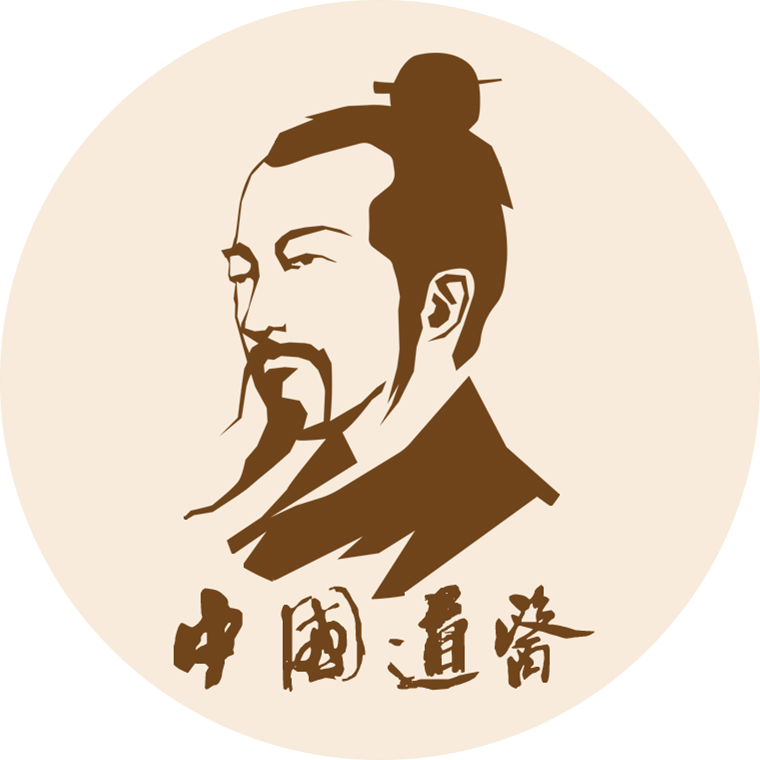
Taoist Medical Video Account
⊙ The content of this article is for clinical reference only; non-TCM professionals should not attempt to use herbs.
⊙ Some images and texts are sourced from the internet; if there is any infringement, please contact us for removal.
⊙ For Taoist medical consultations, add WeChat ID: daoxuea
⊙ For submissions and collaborations: [email protected] (original submissions are welcome)
Selected Articles
❶ Chronic pharyngitis that does not heal is not caused by heat and inflammation, but is mostly due to “spleen deficiency”!
❷ Is it too painful to push the meridians? Stagnation means no flow, flow means no pain!
❸ The path of alchemical cultivation involves accumulating essence and qi to achieve truth!
❹ The navel is also called “Shenque”? Navel therapy has “navel” effects!
❺ Coronary heart disease with arrhythmia? Bu Yang Huo Wu Decoction benefits qi, activates blood, and unblocks meridians!
❻ Learn one Chinese herb every day, Chuan Niuteng!
❼ A ninety-year-old person with a forty-year-old heart! Eating three slices daily can tonify qi, raise yang, protect the spleen and stomach, and adjust six types of diseases!
❽ Nodules are all due to liver qi stagnation; there is a Chinese herb that has the power to disperse nodules!
❾ There is indeed a “shortcut” to alchemical cultivation; this method is most suitable for those with lower foundational abilities!
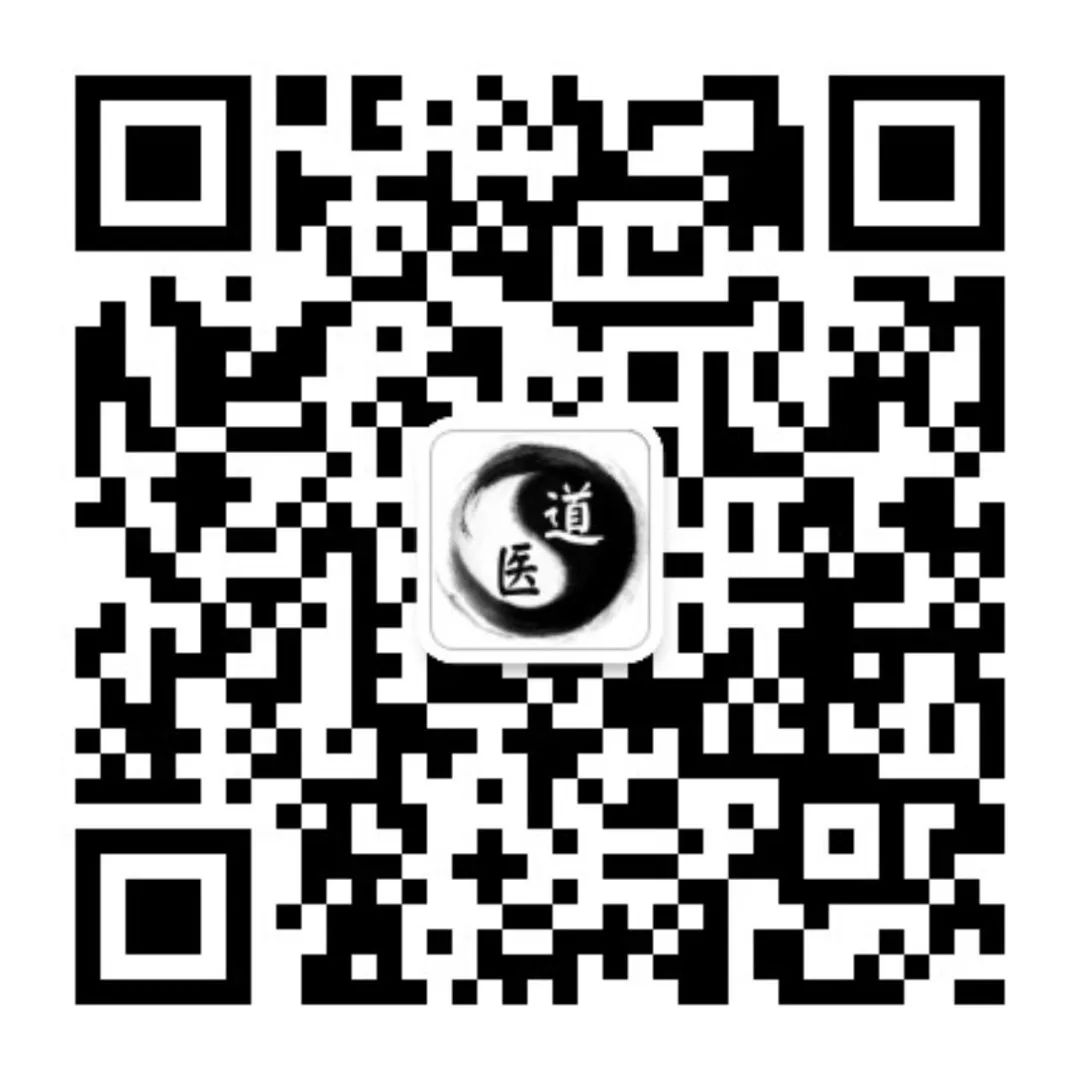
 Scan to Follow Taoist Medicine
Scan to Follow Taoist Medicine
Here, there are no chicken soup, folk prescriptions, rumors, or advertisements, only reliable Taoist health and wellness knowledge.


